News

This month's book is "Work Simply: Embracing the Power of Your Personal Productivity Style" by Carson Tate
Find it here!

This month I want to talk about electronic notebook software.* These apps have become extremely powerful and are something you definitely should consider having in your toolkit. I'm not talking about electronic lab notebooks, although you can use these apps for that. My lab does. I'm talking about a more generalized, and powerful, class of software.
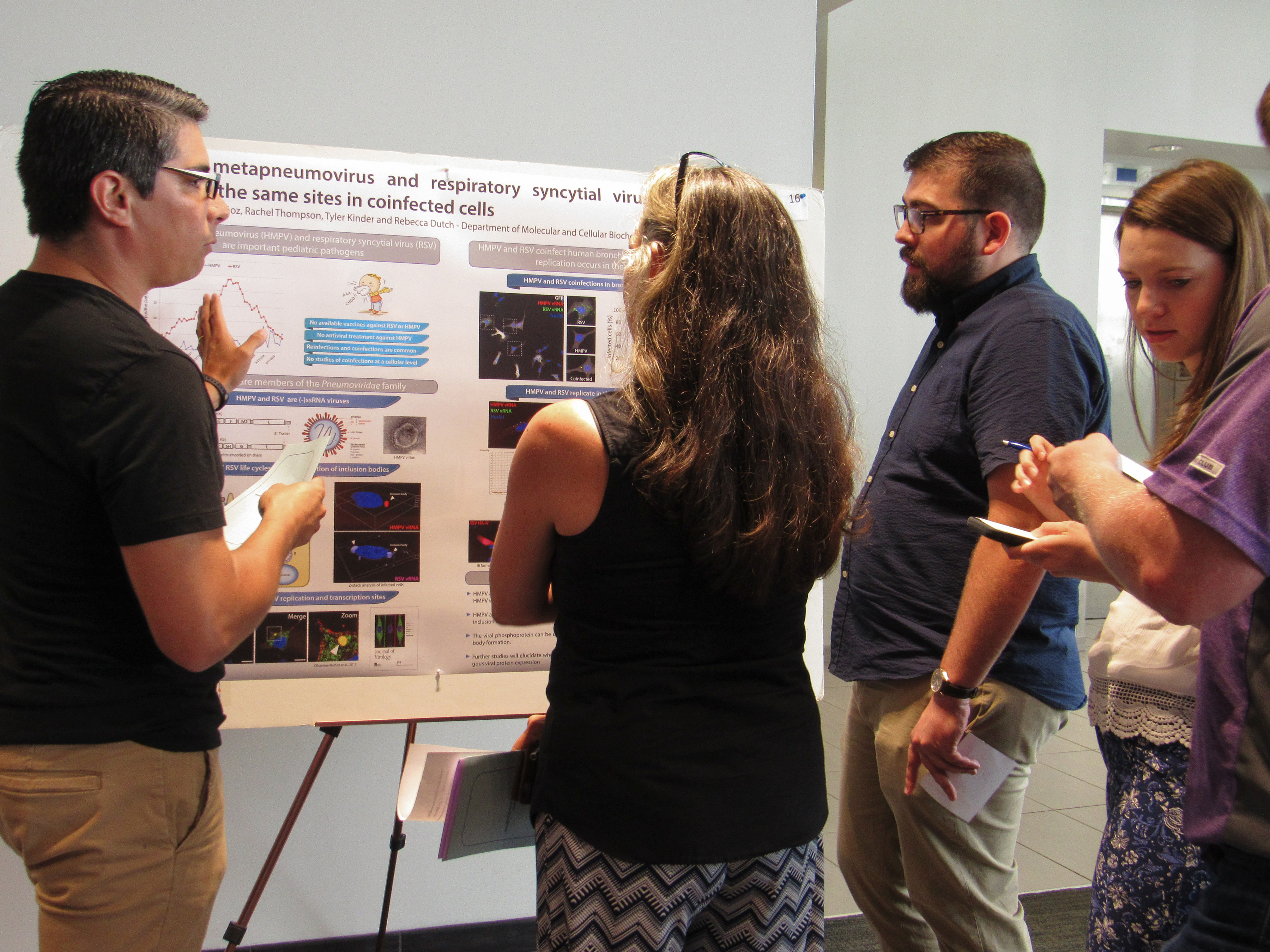
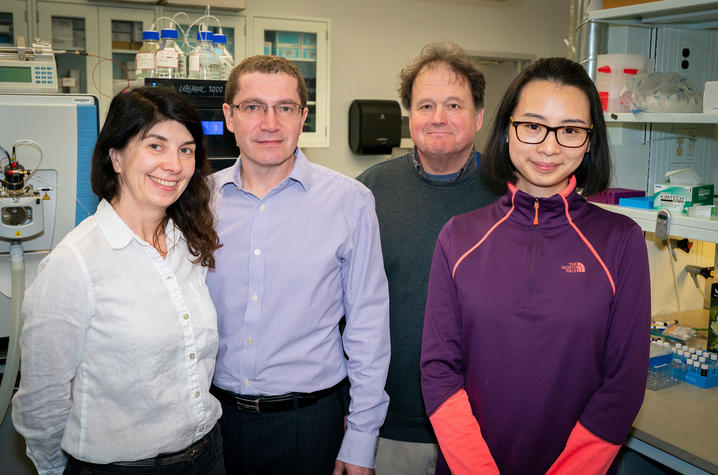
Dr. Natalia Korotkova, research assistant professor in the Department of Molecular and Cellular Biochemistry, led a team of investigators who have identified a new potential target for a Group A Streptococcus vaccine.

This months reading takes a decidedly nautical turn. L. David Marquet's "Turn this ship around!"
Find it here!
This is a rollicking tale of pirates and treasure and...

This is episode two of tool time. As promised, this one is about todo lists. And the related tool, reminders. As with all these things, it doesn’t matter whether you use electronic or paper forms. What’s important is that you find what works for you. And experience that sense of satisfaction you get from crossing items off a todo list.


In addition to the one on useful reading, you’re going to get another monthly post from me. This is the first. I’m going to blather on about some tools you might find useful or should definitely be using. As with the suggested readings, feel free to ignore.
Calendars:

Each month I am going to suggest reading (mostly non-science related) that I think you might find useful or at least interesting. These will typically be books I’ve read at some point. When possible, I’ll stick to books you can get at the Lexington Public Library. Note that these are just suggestions - feel free to ignore them! If you find any of these useful, let me know.
First up is a book called “Deep Work” by Cal Newport.
Find it here!
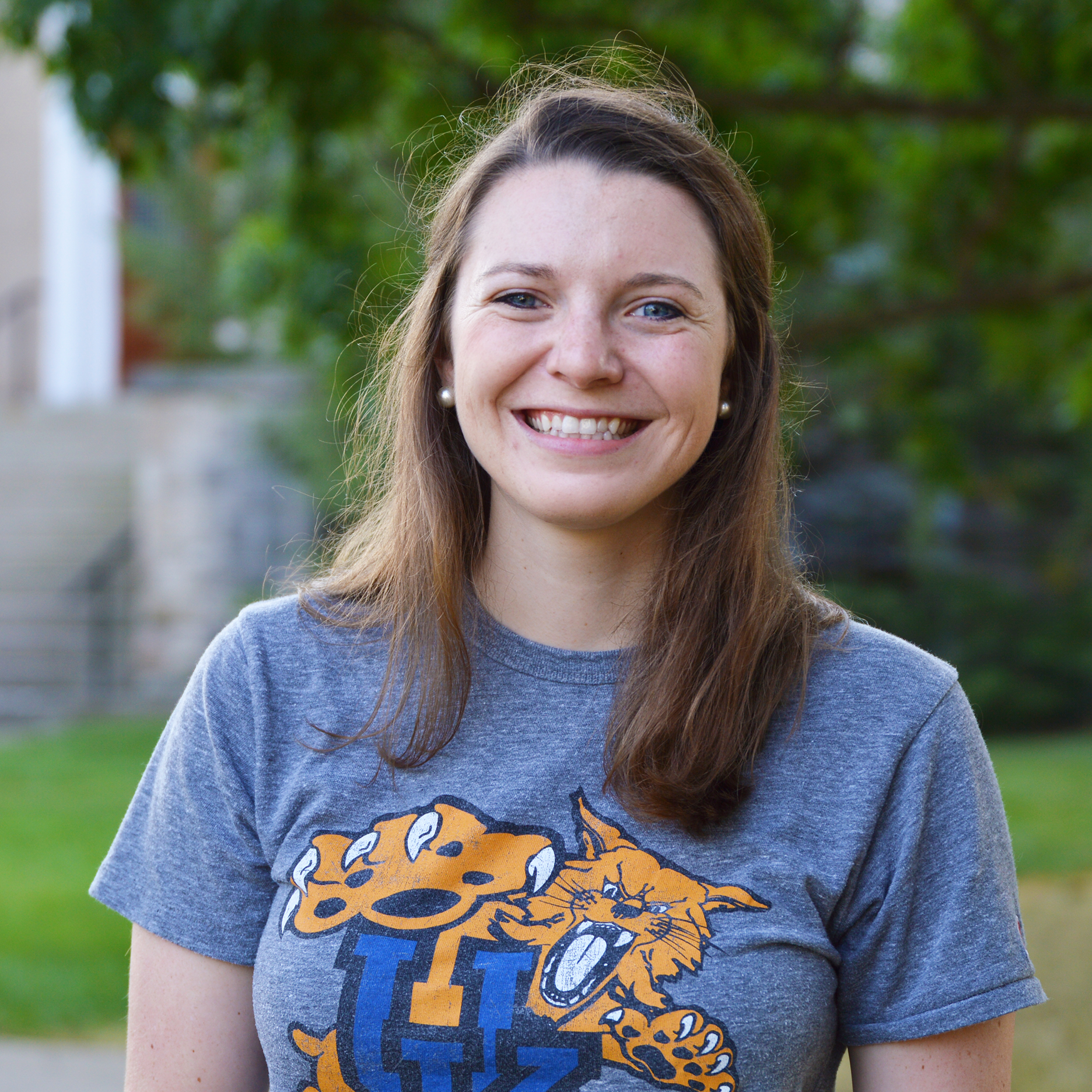

This month, our department published the following 6 publications!
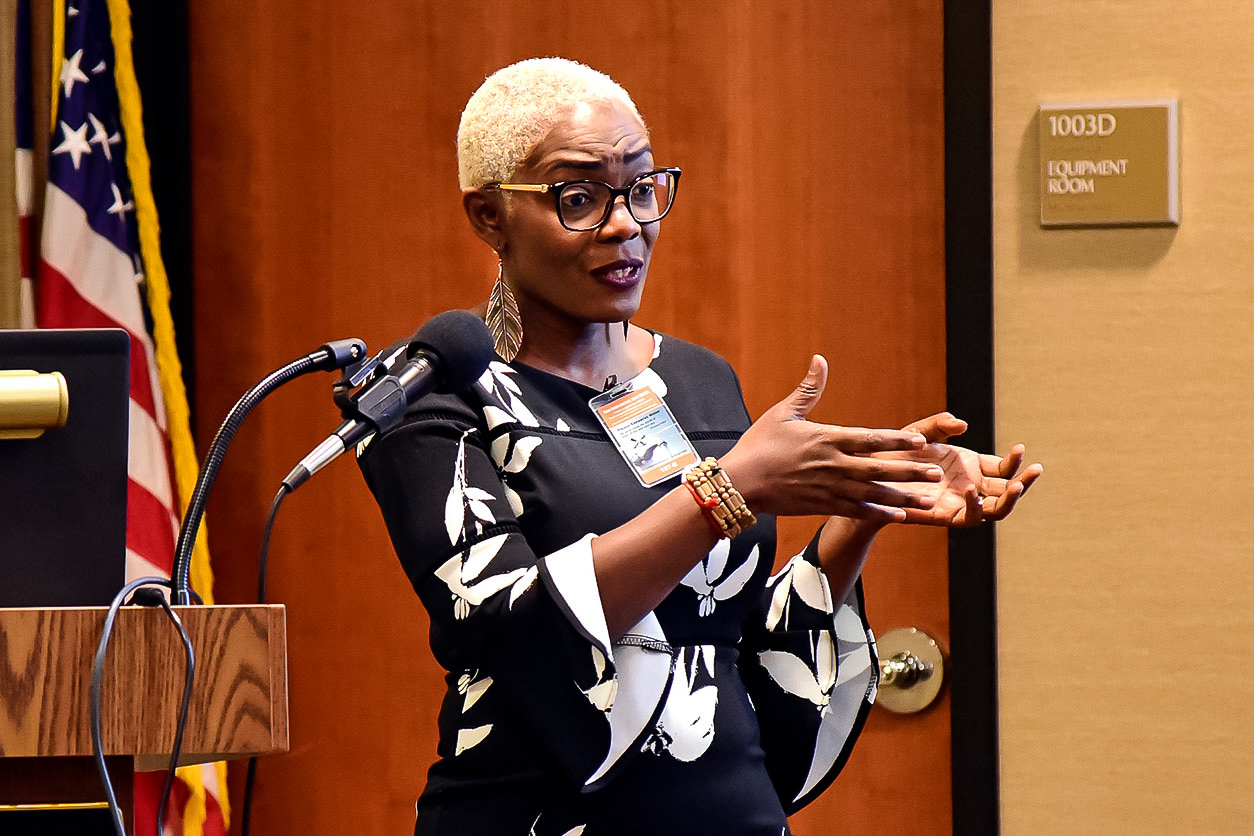
Our Department wishes to congratulate Yvonne Fondufe-Mittendorf for being featured in an article from NIEHS!
Fondufe-Mittendorf was recognized in the article for her work in epigenetics, which is the study of mechanisms in cancer development. More specifically, epigenetics describes the study of heritable changes in gene expression that do not involve alterations in the DNA sequence.
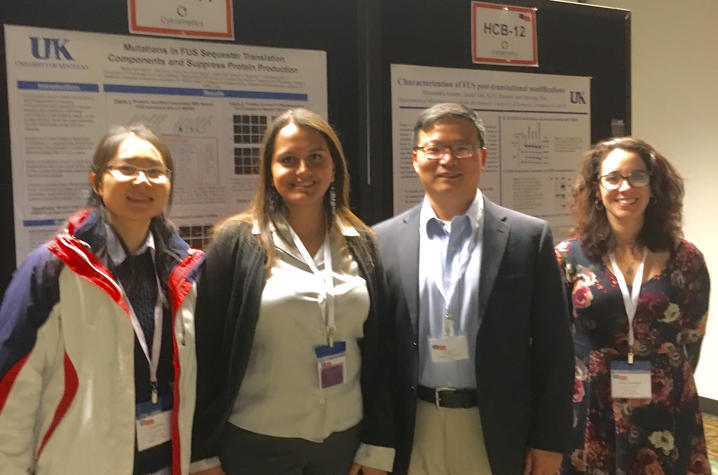
Researchers at the University of Kentucky have discovered new biological processes by which mutations in the FUS gene cause neurodegeneration in amyotrophic lateral sclerosis (ALS).
FUS is a DNA and RNA binding protein that resides predominantly in the nucleus and appears to play a role in DNA repair and RNA metabolism. In contrast, ALS-related mutations cause the protein to accumulate in the cytoplasm, which can contribute to inclusion bodies – the pathological hallmarks of disease – and neurotoxicity.
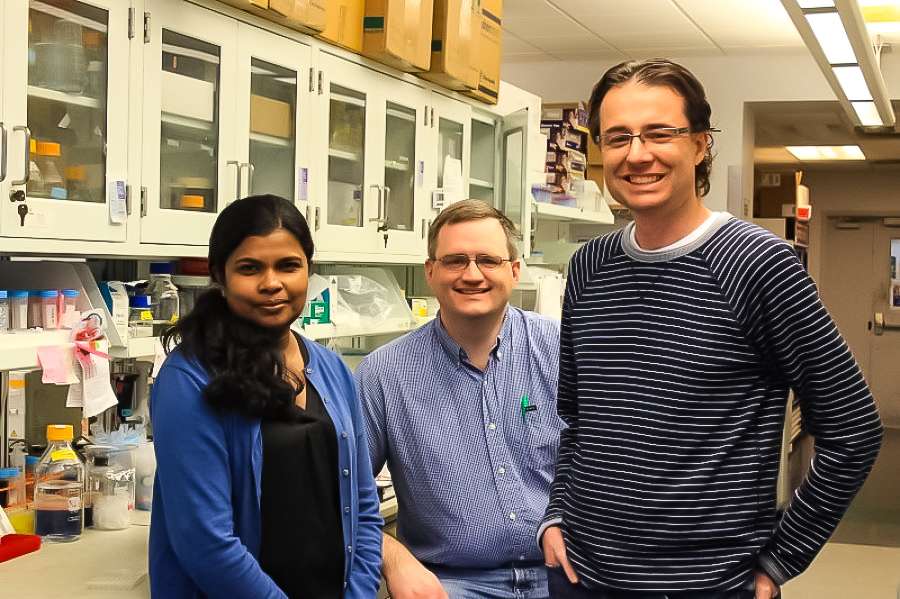
The National Institute of Neurological Disorders and Stroke (NINDS), part of the National Institutes of Health, announced that University of Kentucky's Matthew Gentry has received the Landis Award for Outstanding Mentorship.
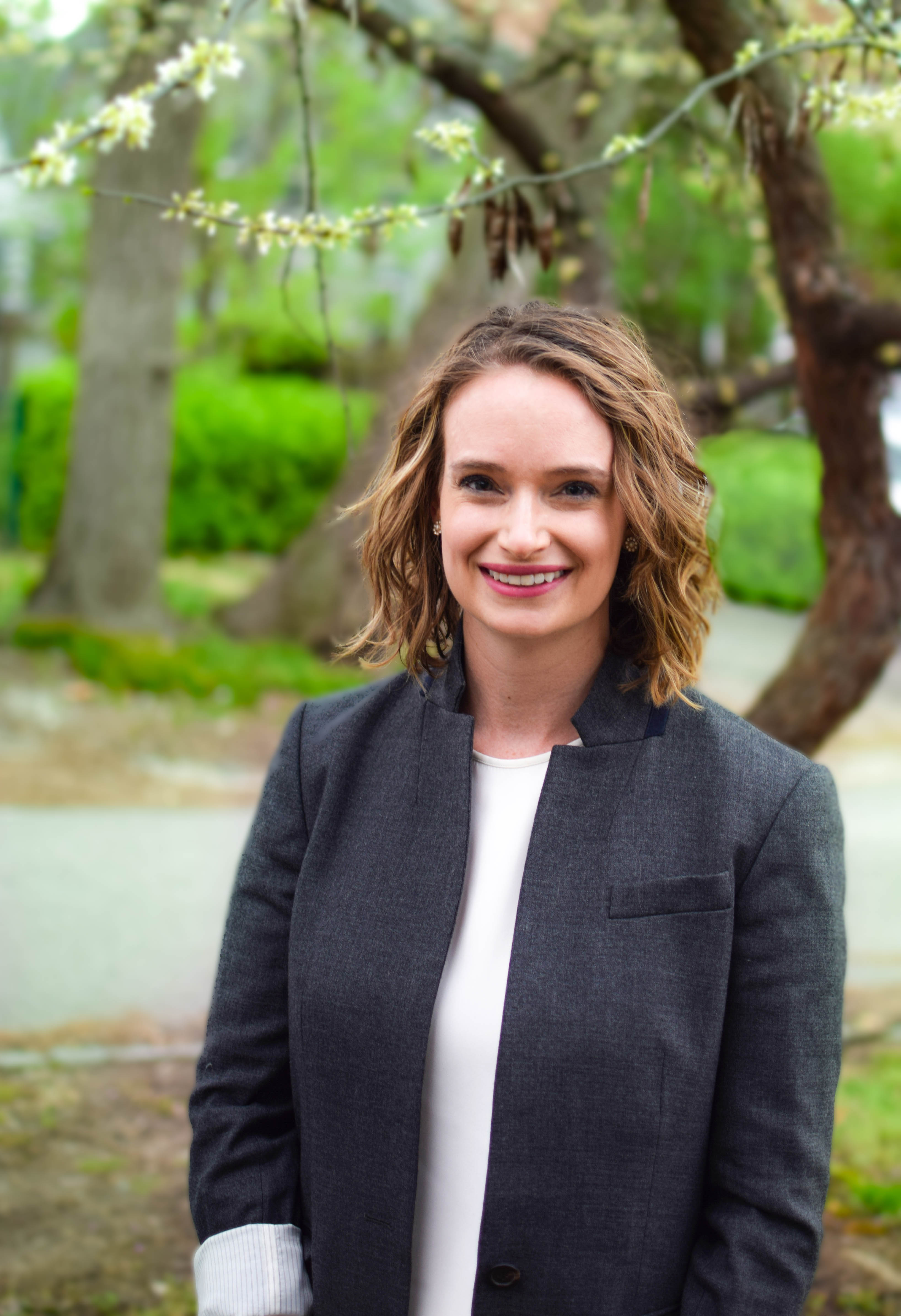
Alex Helman, who recently succeeded in the defense of her dissertation, has accepted a full-time position with the Committee on Women in Science, Engineering, and Medicine (CWSEM) where she will be working on a project on the retention of women in science.
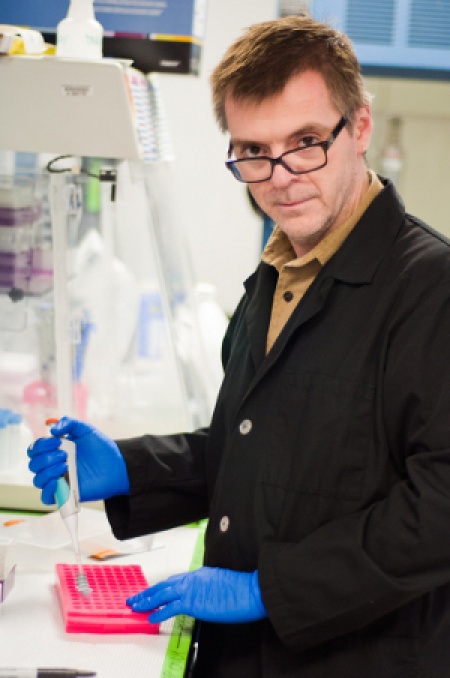
Dr. M. Paul Murphy, a faculty member within the Department of Molecular & Cellular Biochemistry and the Sanders-Brown Center on Aging, contributed his thoughts on the “amyloid hypothesis” in the July 25, 2018 issue of Nature.
The amyloid hypothesis states that the accumulation of amyloid-βin the brain is the main cause of Alzheimer’s. This is primarily based on the correlation between clumps of amyloid-β in the brain and the neurodegenerative processes observed in Alzheimer’s disease.
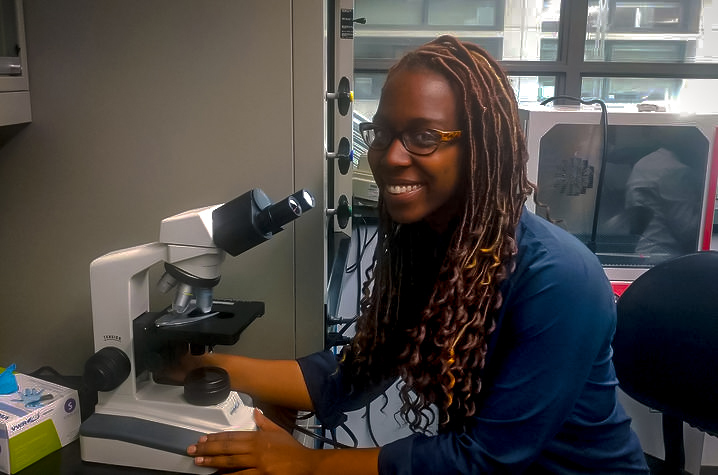
Ten researchers from institutions across the U.S. have been selected to participate in the American Society for Biochemistry and Molecular Biology (ASBMB) Advocacy Training Program, a rigorous six-month program aiming to produce the next generation of science advocates. Among those chosen is Aria Byrd, a doctoral candidate in the University of Kentucky College of Medicine and researcher in the Fillmore Brainson Lab.

According to the Blue Ridge Institute for Medical Research (http://www.brimr.org/default.htm), with just under $11,000,000 in NIH research funding, the Department of Molecular & Cellular Biochemistry is ranked 19th among biochemistry departments in medical schools in the United States.
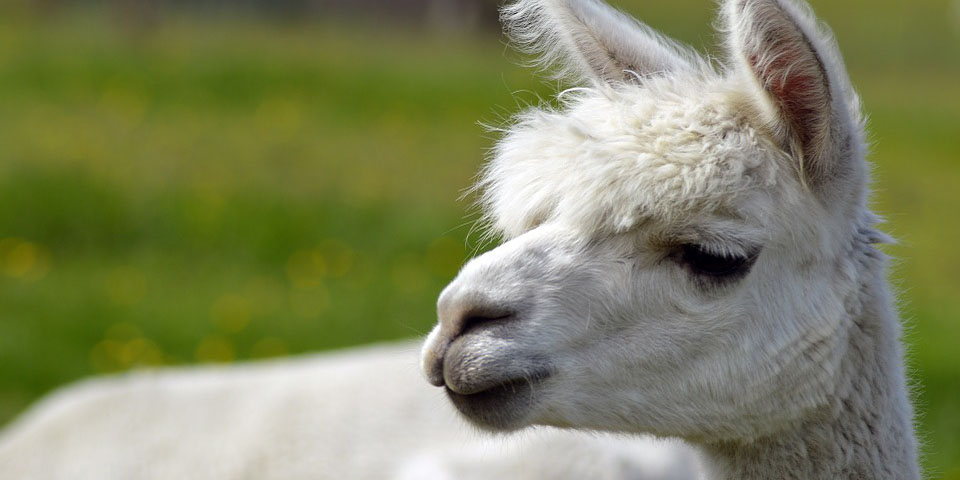
We are now offering a single domain antibody (Nanobody®) production service. Nanobodies, in contrast to conventional antibodies which are made up of two heavy and two light chains with a molecular weight of ~150,000, are composed of only heavy chains. The heavy chain nanobody domains can be isolated as a small 15,000 Da single domain antibody, which retains the high affinity of conventional antibodies. Due to their small size nanobodies can be expressed in E. coli and their cDNAs manipulated in a variety of ways.
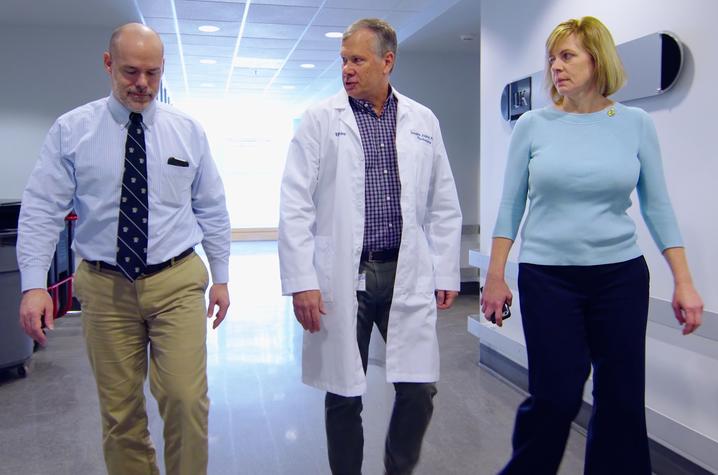
Traumatic brain injury (TBI) has been a hot topic of late as soldiers return from the battlefield and football players from the gridiron with debilitating injuries.
To date, treatment for TBI has been limited because the underlying mechanisms that cause brain damage are still poorly understood. Recently, however, science has shown increased interest in exploring ways to prompt the brain to heal itself after injury, or perhaps even protect itself as the injury occurs.